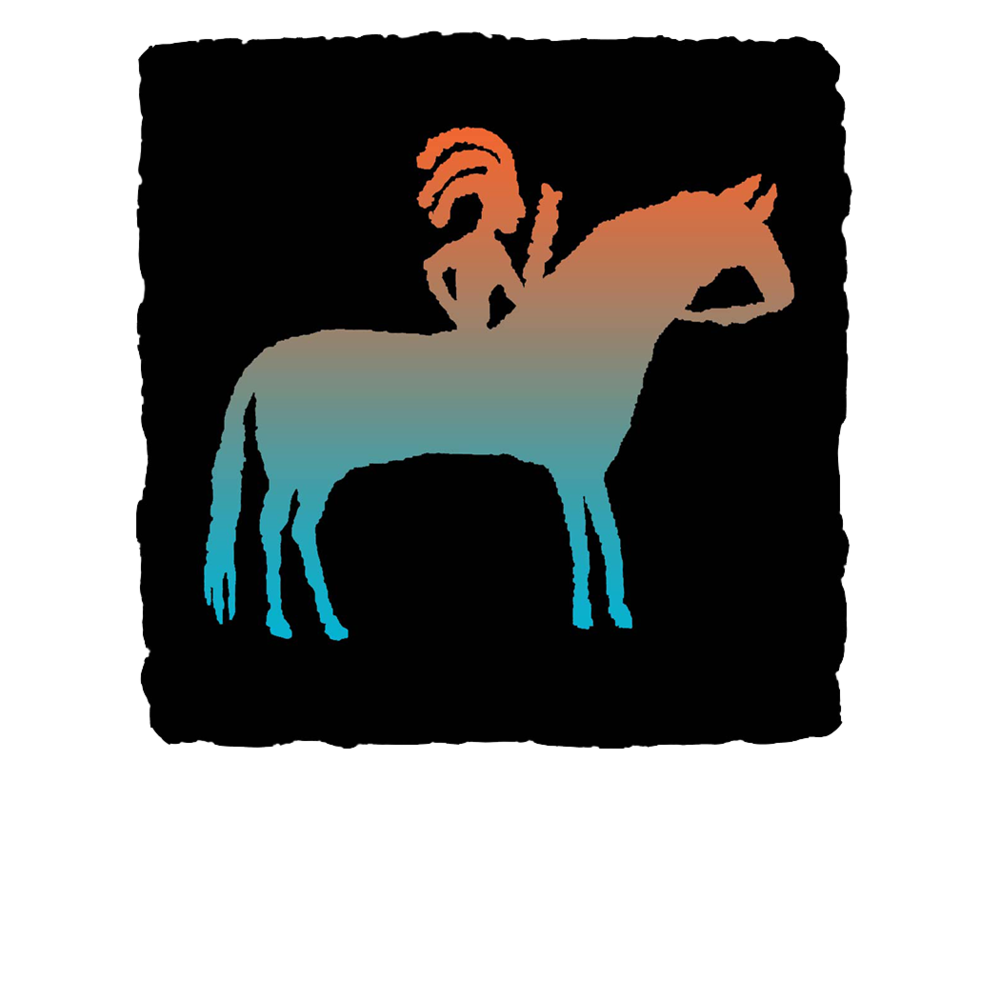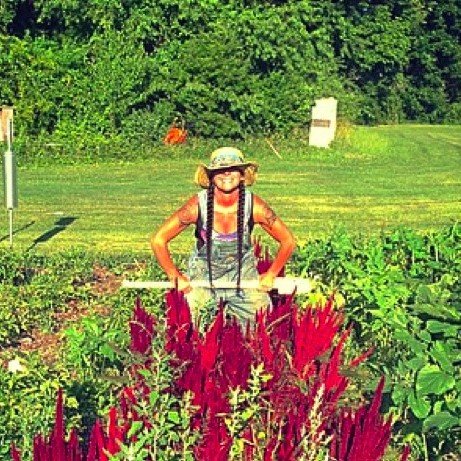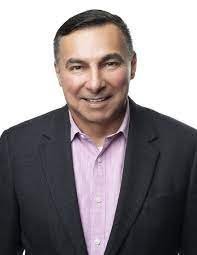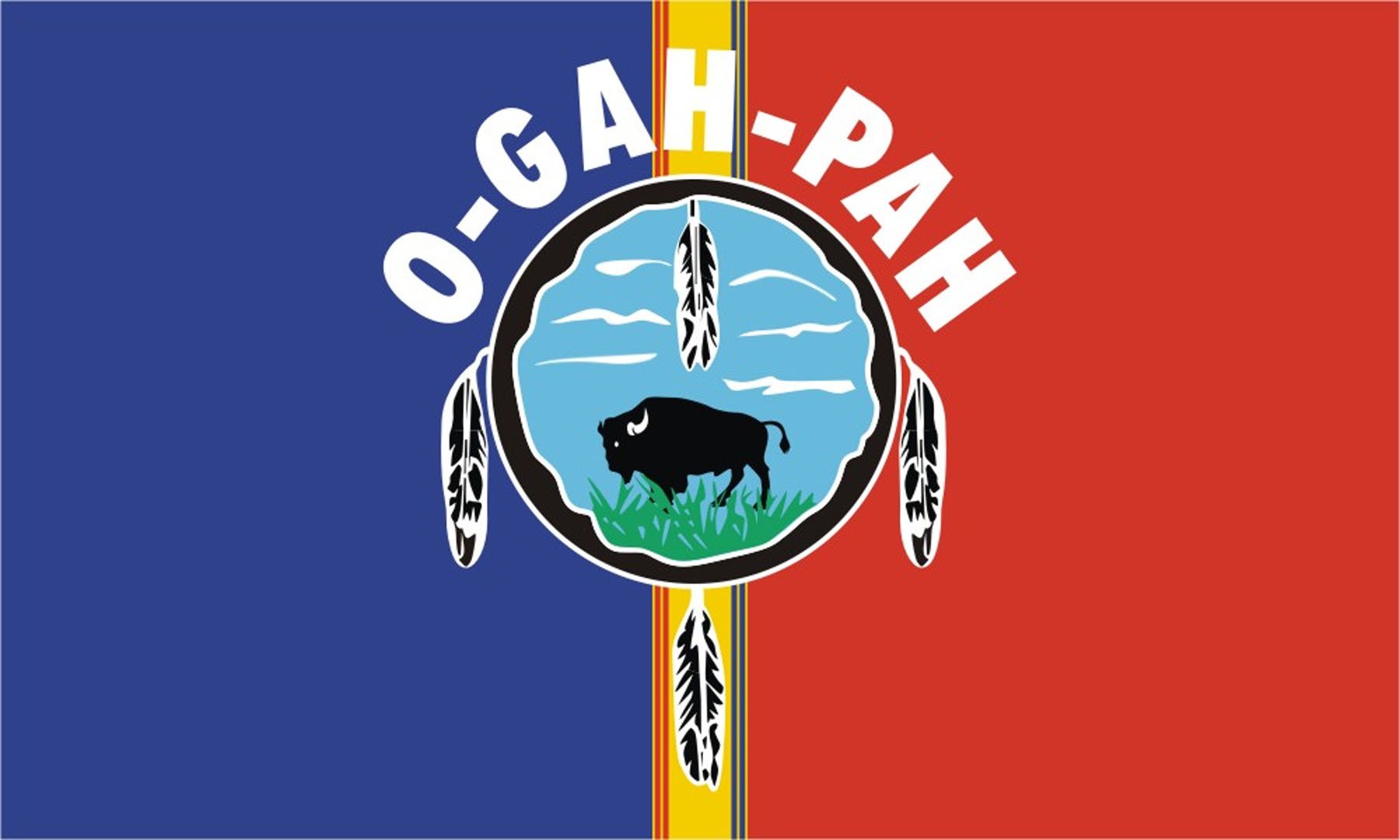Indigenuity 2.0 Day 2:
tUESDAY, September 20, 2022
All presentations livestreamed on YouTube and the Arkansas CW.
10:00 AM
Surviving the Zombie Apocalypse: Rez Style
Workshop with Johnnie Jae
Location: MONAH Tent and Livestreamed on YouTube.
Surviving the Zombie Apocalypse: Rez Style is a creative discussion of Indigenous people's trauma, recovery, and resilience from a pop cultural lens made famous by George A. Romero and The Walking Dead. It explores how Indigenous knowledge, science, weaponry, and values helped Indigenous communities survive in the aftermath of their apocalyptic realities and how it has prepared them to survive anything, especially ZOMBIES. It is a fun and unique way to discuss trauma and recovery with youth and young adults.
Johnnie Jae (Otoe-Missouria, Choctaw) is a journalist, speaker, and community advocateand builder whose work has been featured by USA Today, BBC, and Indian Country Today, toname a few. She is the founder of A Tribe Called Geek, a media platform for Indigenous Geekand STEM culture, and #Indigenerds4Hope, a suicide prevention initiative designed for Native youth.
11:00 AM
Circling Back: Expanding the Talking Circle
Dr. Mae Hey
Location: MONAH Tent and Livestreamed on YouTube.
Circle back with Dr. Mae Hey and revisit topics discovered in our community talking circle. Dr. Dan Wildcat joins Dr. Mae Hey for a deeper dive into the conversation.
Dr. Mae Hey stewards the Indigenous Friendship Garden at Virginia Tech. In the garden and other spaces, she works with Land to support Nature-centered learning, to close wellness inequities involving food, and to promote sustainability through kinentric ecology. She also serves Virginia Tech as an Assistant Professor, a Faculty Fellow for their Office of Inclusion and Diversity, a Faculty Affiliate for their Food Studies Program, and a Faculty Fellow for their Center for Food Systems and Community Transformation. She is a Sequoyah Fellow of the American Indian Science and Engineering Society and a member of the Native American Food Sovereignty Alliance’s culinary mentorship program.
1:00PM
Indigenous Futures in the Era of Climate Change
with Dr. Jessica Hernandez
Location: MONAH Tent and Livestreamed on YouTube.
This presentation introduces and contextualizes Indigenous environmental knowledge and proposes a vision of land stewardship that heals rather than displaces and generates rather than destroys. Dr. Hernandez breaks down the failures of western-defined conservatism and shares alternatives, citing the restoration work of urban Indigenous people in Seattle, her family’s fight against eco-terrorism in Latin America, and holistic land management approaches of Indigenous groups across the continent.
Despite the undeniable fact that Indigenous communities are among the most affected by climate devastation, Indigenous science is nowhere to be found in mainstream environmental policy or discourse. And while holistic land, water, and forest management practices born from millennia of Indigenous knowledge systems have much to teach all of us, Indigenous science has long been ignored, otherized, or perceived as “soft”–the product of a systematic, centuries-long campaign of racism, colonialism, extractive capitalism, and delegitimization.
Dr. Jessica Hernandez (Binnizá & Maya Ch’orti’) is a transnational Indigenous scholar, scientist, and community advocate based in the Pacific Northwest. She has an interdisciplinary academic background ranging from marine sciences to environmental physics. Her work is grounded in her Indigenous cultures and ways of knowing. She advocates for climate, energy, and environmental justice through her scientific and community work and strongly believes that Indigenous sciences can heal our Indigenous lands.
Her book Fresh Banana Leaves: Healing Indigenous Landscapes through Indigenous Science (2022) breaks down why western conservationism isn’t working–and offers Indigenous models informed by case studies, personal stories, and family histories that center the voices of Latin American women and land protectors. She is in the process of writing her second book, Growing Papaya Trees: Nurturing Indigenous Roots of Climate Displacement & Justice.
She currently holds appointments at Sustainable Seattle (Board Member), the City of Seattle's Urban Forestry Commission, and the International Mayan League (Climate Justice Policy Strategist).
2:00 PM
Coyote & Crow RPG: Stories of the World called “Makasing”
with Weyodi Oldbear, Em Matson, Tali Inlow, and Derek Pounds
Location: Online panel, watch stream in-house in the Great Room or on YouTube.
Indigenous storytelling is a rich tradition that lends itself well to creating a world like that of Coyote & Crow.The influences of many Native nations show through the first offering from Coyote & Crow Games in its core rule book, from developing a trade language to the world-building of uncolonized lands.
This panel includes creative team members participating in world-building, art, and gameplay. They will share their inspiration and the journeys that led them, and all of us, to Makasing.
Weyodi Oldbear is an enrolled citizen of the Comanche Nation Weyodi OldBear works on everything from culture building in games ( like Coyote & Crow) to comic books, plays, graphic novels, short stories, screen plays, poems, and novels all bending towards horror, science fiction, and speculative fiction always influenced by her traditional Comanche upbringing. Today Weyodi lives in Albuquerque, on the lands of the Sandia Pueblo on the traditional nomadic route of her band, where she tries to make sure the neighbors don’t suspect anything.
Boozhoo! I’m Em Matson, a writer, editor, and all around communicator who wears many hats. I edited the core rulebook of Coyote and Crow and wrote a story for the upcoming novel of adventures in the Coyote and Crow universe. I am also the Communications Manager at NATIFS, a nonprofit food sovereignty organization focused on promoting Indigenous foodways and facilitating Indigenous food access. I’m passionate about the creative endeavors of my fellow Indigneous kin and proud to be in this space! I’m two spirit from Minneapolis and of settler and Sault Ste Marie Chippewa lineage. I’ve been passionate about TTRPGs since I was a kid, and to talk to other professionals and creatives in this space about work I’m proud to be doing couldn’t be more fulfilling!
Tali Inlow is an Indigiqueer writer of fantastical nonsense. By day, she is a healthcare professional with the Indian Health Service. By night, she gives writing a go. Always, she is partner to Bridget, and cat-mom to Porch Kitty, Hazel, and Cha-Cha. Most recently, she was honored with the privilege of writing the first novel set in the universe of the Coyote & Crow TTRPG. Twitter: @taliinlow / taliinlow.com
Derek Pounds (he/him) is a member of the Samish Indian Nation, a stay at home dad, and an accidental game writer. He's written for Coyote & Crow as well as 7th Sea 2nd Edition. Twitter @gamefoodguy
3:15 PM
A Conversation on Indigenous Food Sovereignty
With Mark Ford (Feeding America) and Erin Parker (University of Arkansas Indigenous Food and Agriculture Initiative)
Location: MONAH Tent or Livestreamed on YouTube.
Mark Ford and Erin Parker will discuss Indigenous food sovereignty and the Native Farm Bill Coalition. The Native Farm Bill Coalition (NFBC) is the largest-ever coordinated effort in Indian County around federal food, agriculture, and nutrition policy. Since the Coalition’s launch in 2017, the NFBC has grown to include more than 270 Tribal Nations, intertribal organizations, and non-Native ally organizations. The NFBC is a joint project of the Intertribal Agriculture Council, the Shakopee Mdewakanton Sioux Community, the National Congress of American Indians, and the Indigenous Food and Agriculture Initiative, its official research partner.
2022 Gaining Ground report: https://www.nativefarmbill.com/gaining-ground
NFBC website: www.nativefarmbill.com
IFAI website: www.indigenousfoodandag.com
Erin Parker is the Executive Director of the Indigenous Food and Agriculture Initiative (IFAI) at the University of Arkansas School of Law. Erin has worked in Indian Country for all of her career as a food and agricultural lawyer, with the past nine years at IFAI. She has worked closely with the Board of the National Association of Food Distribution Programs on Indian Reservations and in her prior role as IFAI’s Research Director helped to institute a Tribal Leaders Consultation Working Group at USDA on FDPIR. Previously, she worked as a Staff Attorney and Research Coordinator for the Cobell Commission, a national working group convened by the Secretary of the Interior to repair the federal government’s Indian land trust management system. In addition to her leadership at IFAI, she teaches courses in the University of Arkansas’s Masters in Agricultural & Food Law (LL.M.) Program, including federal nutrition law & policy and Indigenous food & agricultural law.
Mark Ford is the Director of Native/Tribal Partnerships Feeding America, the nation’s largest domestic hunger-relief organization. Ford is Chiricahua Apache and Tewa/Tiwa (Pueblo). Before joining Feeding America, Ford served as the Director of Community Partnerships and Tribal Relations at Partnership With Native Americans (PWNA), a nonprofit committed to championing a brighter future for Native Americans living on remote, isolated, and impoverished reservations. Ford initiated PWNA’s “Long-Term Solutions” sustainable programs for tribal communities and cultivated partner relationships with corporations, foundations, non-profit organizations, tribes, and philanthropists to support the organization’s work. He was also previously appointed the Executive Director of the Governor’s Office of Indian Affairs in Louisiana, assisting the Louisiana tribes after Hurricanes Gustav and Ike in their recovery efforts. He served as a Roman Catholic priest for 16 years.
4:30 PM
Freedom for All: Indigenous Feminism
With Dr. Paulette Blanchard, Dr. Laura Harjo, and Johnnie Jae
Location: MONAH Tent or Livestreamed on YouTube.
Three empowered women will discuss Indigenous Feminism and how to move beyond the gender spectrum. Listen in as they each share their unique perspective of feminism, as seen through the lens of their roles at work and in the community. This session will include time for Q and A.
Our panelists include Dr. Paulette Blanchard, a recent Ph.D. Geography graduate focusing on Indigenous women-led environmental movements, Dr. Laura Harjo, an associate professor, is teaching Indigenous Planning, Community Development, and Indigenous Feminisms, and Johnnie Jae, founder of A Tribe Called Geek and #Indigenerds4Hope
Dr. Paulette Blanchard (Absentee Shawnee Citizen & Kickapoo descendant) holds a Doctorate in Geography from the University of Kansas, Master of Arts in Geography from the University of Oklahoma, and a Bachelor of Arts in Indigenous & American Indian Studies from Haskell Indian Nations University. Her work addresses the challenges and opportunities that Indigenous Peoples face in relation to climate change and climate justice. Her work also addresses Indigenous science and science education, Indigenous led environmental movements, and activism. She incorporates Indigenous Feminist methodologies and philosophies into her geographic framework. Her work includes social, climate, and environmental justice for Indigenous Peoples and other marginalized populations.
Dr. Laura Harjo is a Muscogee (Creek) scholar, Associate Professor and Interim Chair in Department of Native American Studies and affiliated faculty in the Regional and City Planning program at the University of Oklahoma. Her scholarly inquiry is at the intersection of geography and critical ethnic studies with “community” as an analytic focus. Harjo’s research and teaching centers on three areas: (1) spatial storytelling, (2) anti-violence informed Indigenous architecture and planning, and(3) community-based knowledge production.
Johnnie Jae (Otoe-Missouria, Choctaw) is a journalist, speaker, and community advocateand builder whose work has been featured by USA Today, BBC, and Indian Country Today, toname a few. She is the founder of A Tribe Called Geek, a media platform for Indigenous Geekand STEM culture, and #Indigenerds4Hope, a suicide prevention initiative designed for Native youth.
5:30 PM
Featured Quapaw Film Night
Three short films in collaboration with Quapaw Nation.
Location: MONAH Great Room
Film 1: Regeneration of Land and Culture
A film by Brooke Bierhause in collaboration with the Quapaw Nation
An intimate portrayal of the buffalo as a solution to combat climate change and a symbol of Indigenous power, healing, and prosperity. The Quapaw Nation is rebuilding the soil with ancestral farming techniques known as Regenerative Agriculture.
Film 2: How the West Wasn’t Won (collection of comedy scenes from Running on Indian Time)
Produced by JR Mathews featuring Wes Studi
Film 3: Quapaw Veteran short film









